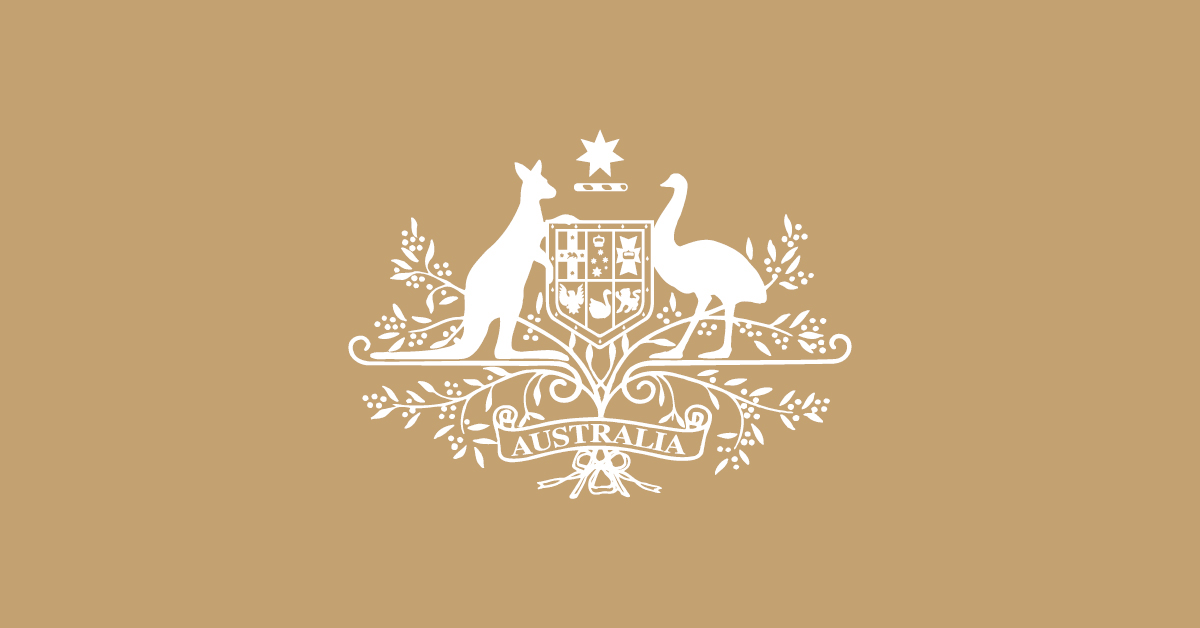Boosting women’s participation in our clean energy workforce vital to green future
Jenna Mitchell is a wind turbine technician and apprentice electrician, who has scaled great heights in a job that is essential to our clean energy future.
But Jenna is one of a tiny minority.
Only 4 per cent of wind turbine technicians and just 2 per cent of electrotechnology electricians are women.
To achieve a greener future, it is clear much more work is needed to boost women's participation in our clean energy workforce.
We need many more technicians like Jenna to install and repair wind turbines.
We need electricians to upgrade our electrical grid.
We need automotive technicians who are qualified to work on electric cars and batteries.
And we need a growing number of experts and technicians working in wind, solar, hydro and other green energy solutions.
Last October, Jobs and Skills Australia published its Clean Energy Capacity Study, which took stock of what's required to deliver the skilled workers needed to transform to a clean energy economy.
Currently, men make up almost two thirds of the clean energy workforce.
The study also showed that the energy sector has the third highest incidence of workplace sexual harassment, with 71 per cent of women having experienced sexual harassment in the last 5 years.
There is also the issue of the gender pay gap.
These statistics are all signs that unless governments, industry and employers take deliberate steps to support women into the clean energy sector, we are impeding progress and equal opportunity as we race toward a greener future.
There are ways governments can shift the needle. And we are.
Jenna was one of the first in Australia to benefit from our New Energy Apprentice Support Payment program.
Apprentices working in the clean energy sector can receive up to $10,000 over the course of their training, to help with cost of living pressures.
The new Australian Skills Guarantee will introduce targets for women in apprenticeships and traineeships on Commonwealth funded major construction projects from 1 July 2024.
This means more women in workplaces, which helps change the culture of work sites.
We have also made support for women in male-dominated trades a core part of the new model for Australian Apprenticeship Support Services.
We are investing more in education, advice and support for employers to create culturally safe and inclusive workplaces for women.
We joined the international Equal by 30 campaign, which commits Australia to supporting equal pay, equal leadership, and equal opportunity in the clean energy transition by 2030.
We need a skilled workforce to deliver on our promise to achieve a 43 per cent emissions reduction target by 2030 and net zero by 2050.
We also need a skilled workforce to deliver cheaper and reliable energy to households and businesses.
And we can no longer afford for half that potential clean energy workforce to be locked out.
We need more women like Jenna to feel welcome, encouraged and supported to enter the clean energy sector, so we can secure a green future.
View Original | AusPol.co Disclaimer
